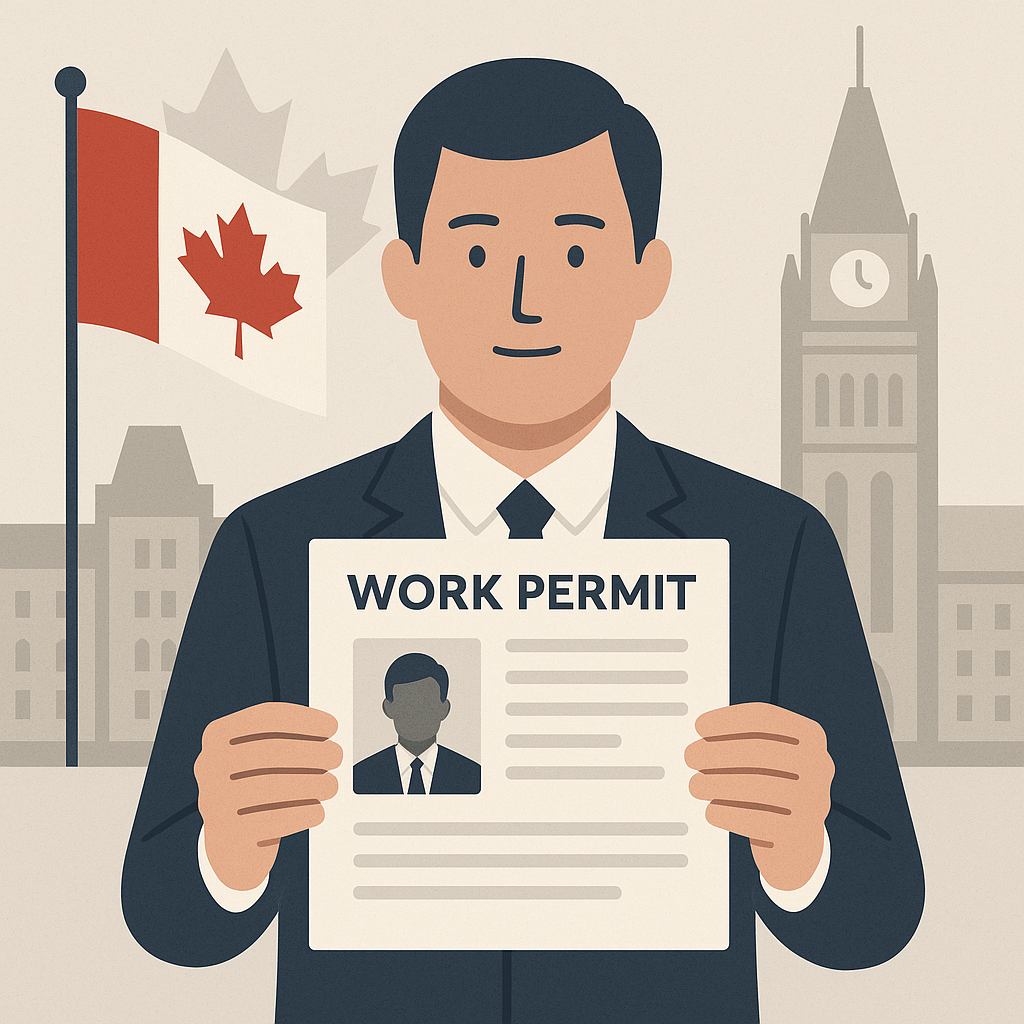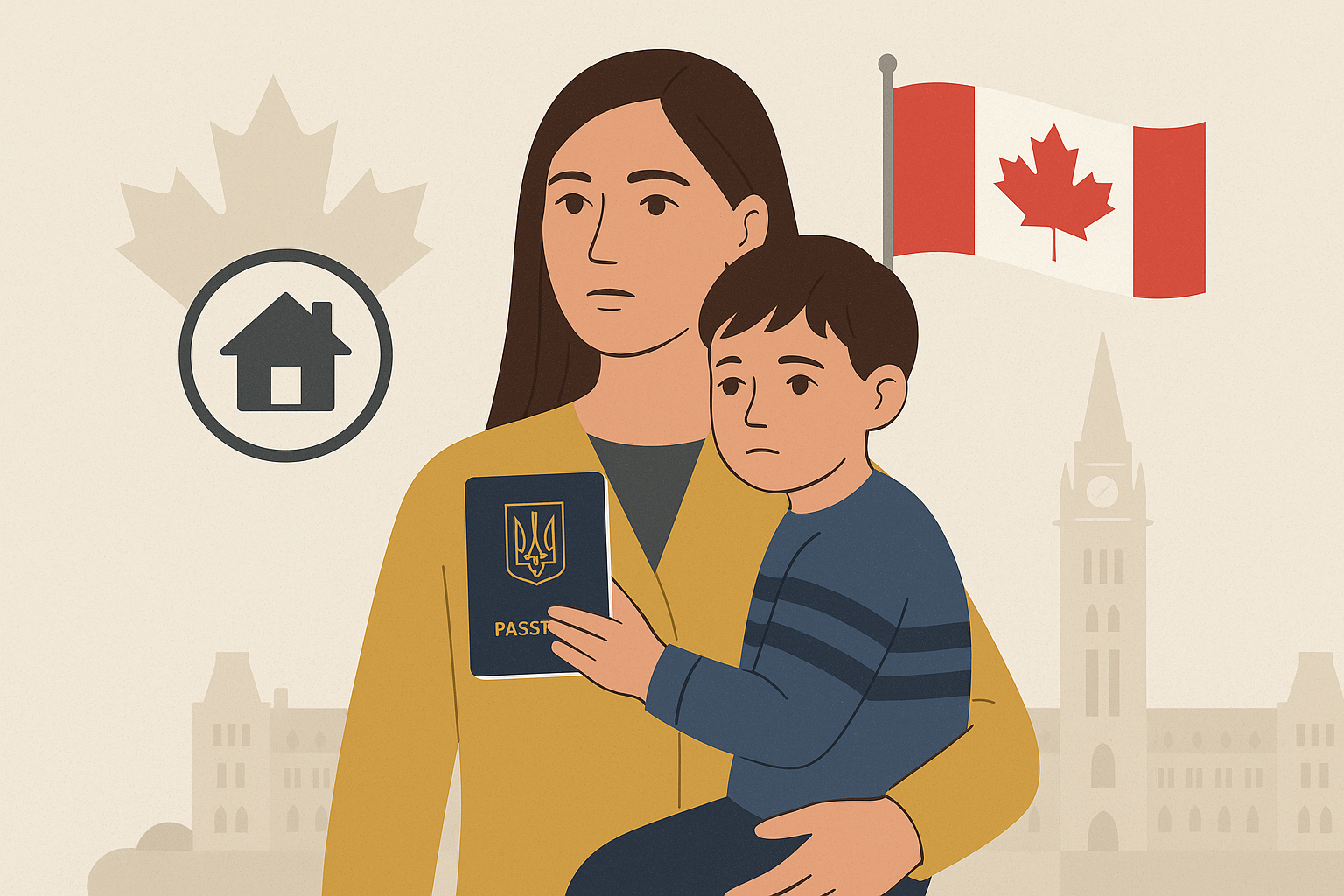
IRCC updated C90 and A75 work permit instructions, reducing caregiver experience required from 12 to 6 months and accepting foreign experience earned within a 36‑month window. Applicants get only one opportunity to submit experience evidence; updates also clarify non‑Express Entry PNP procedures and include Quebec skilled workers/investors.
Soheil Hosseini
July 30, 2025
Jurisdiction
Federal
Week
Week 31
Impact
Moderate
Programs Affected
IRCC Updates Work Permit Policies for Caregiver and Skilled Worker Programs, Reduces Experience Requirements
Date of update: 2025-07-30 | Source: IRCC | Program affected: Work Permit
Summary: IRCC has updated program delivery instructions for occupation‑restricted open work permits (C90) and bridging open work permits (A75), aligning them with ministerial instructions amended on 2024-06-16 for the Home Child Care Provider (HCCP) and Home Support Worker (HSW) caregiver pilots. Key changes include a reduction in required caregiving experience to 6 months, acceptance of foreign work experience, and a single submission opportunity for proof of experience. Additional clarifications affect non-Express Entry PNP files and Quebec skilled workers/Quebec investors. IRCC has issued a program delivery update covering occupation-restricted open work permits (C90) and bridging open work permits (A75), with broad procedural changes to reflect ministerial instructions first amended on 2024-06-16 for the HCCP and HSW caregiver pilots. The update clarifies eligibility pathways and documentation standards across multiple permanent residence and work permit categories. Key changes for caregivers (HCCP and HSW):
- Work experience reduced from 12 to 6 months for the gaining experience category.
- Foreign work experience is now accepted toward eligibility.
- Experience earned within 36 months before applying can be counted up to the date the applicant demonstrates the requirement is met.
- Only one opportunity to submit work experience to IRCC for a permanent residence decision. Work permit instruction updates:
- C90 (occupation‑restricted open work permits): Guidance now includes situations where caregiver PR applicants meet the experience requirement before receiving their occupation‑restricted OWP.
- A75 (bridging open work permits): Instructions updated to reflect the new caregiver ministerial instructions. Additional program delivery clarifications:
- Non‑Express Entry PNP: Under “Documentary evidence,” IRCC clarifies the applicant does not receive a stage 1 decision letter.
- Quebec skilled workers: Instructions now include Quebec investors who applied for permanent residence and received an IRCC completeness check letter. Independent analysis:
- Positive impacts: The 6‑month experience threshold and acceptance of foreign experience can accelerate permanent residence pathways for caregivers, broaden eligibility, and reduce periods of employment uncertainty. Clearer C90/A75 guidance should streamline processing and reduce refusals due to technicalities. Including Quebec investors under the skilled worker guidance improves predictability for that cohort.
- Potential risks: The single‑submission rule heightens stakes for applicants; incomplete or poorly documented experience submissions may lead to adverse outcomes with limited recourse. The PNP clarification that no stage 1 letter is issued could create confusion for third parties relying on interim decisions, underscoring the need for careful file management. This update signals IRCC’s continued effort to align work permit operations with caregiver program reforms and to clarify documentation touchpoints across PNP and Quebec streams.
Tags: IRCC, Canada immigration, Work Permit, C90, A75, Bridging Open Work Permit, Occupation‑Restricted Open Work Permit, Caregivers, HCCP, HSW, Ministerial Instructions, Provincial Nominee Program, PNP, Quebec Skilled Worker, Quebec Investors, Permanent Residence, Policy Update, 2025-07-30
Categories
Share This Post
Stay Updated with Immigration News
Get the latest updates on Express Entry draws, OINP invitations, policy changes, and more delivered to your inbox.
We respect your privacy. Unsubscribe at any time.
Related Articles

Co-payments for IFHP
Effective May 1, 2026 IRCC will introduce IFHP co-payments: $4 per eligible prescription and 30% of the cost for other supplemental services (dental, vision, counselling, assistive devices), while core doctor and hospital care remain fully covered. Beneficiaries must pay registered IFHP providers at point of service and should consult the IFHP Provider Search and toolkit for details.

Protected-Person ID Guidance
IRCC (2026-01-20) clarified acceptable identity documents and statutory declarations for protected‑person PR applications, setting out R50 and R178 criteria and alternatives when national passports or documents cannot be safely obtained. Officers must not advise applicants to contact embassies; R178 permits pre‑entry IDs or statutory declarations with supporting third‑party or organization attestations, subject to genuineness, consistency and credibility checks, and PTRs may often use Single Journey Travel Documents or Canadian provincial/federal ID.

Family Reunification Extension
Canada allows Ukrainians who applied under the family‑reunification pathway (and their in‑Canada family members) to apply for open work permits, study permits, and extensions/restorations of temporary resident status until March 31, 2027—even without an AOR; standard fees apply. This preserves work/study/status while PR applications are processed and applies only to existing family‑reunification applicants.

Open Work Permit Guidance
On 2026-01-19 IRCC reorganized its Program Delivery Instructions for open work permit submissions under the International Mobility Program, grouping applicant types into clearer categories; this is operational staff guidance, not a change to eligibility. Stakeholders should review the updated IMP guidance and align filings and supporting documents to the listed categories to reduce submission errors and improve processing consistency.